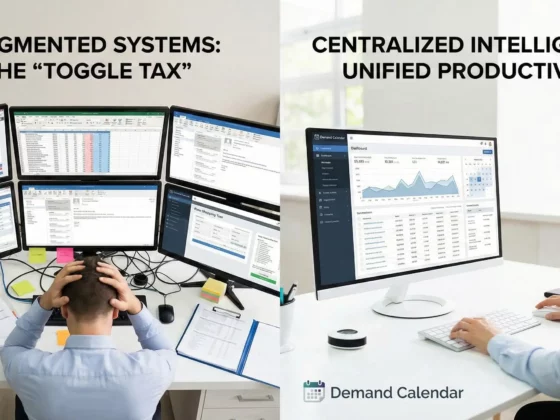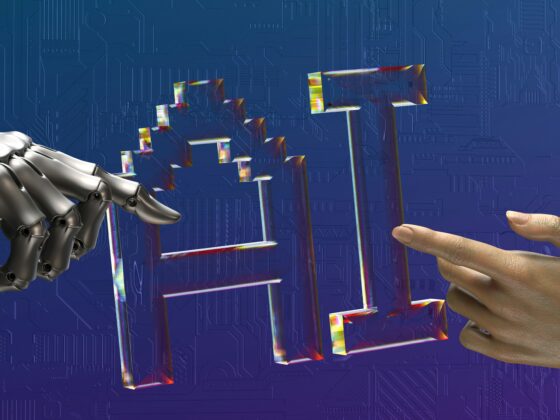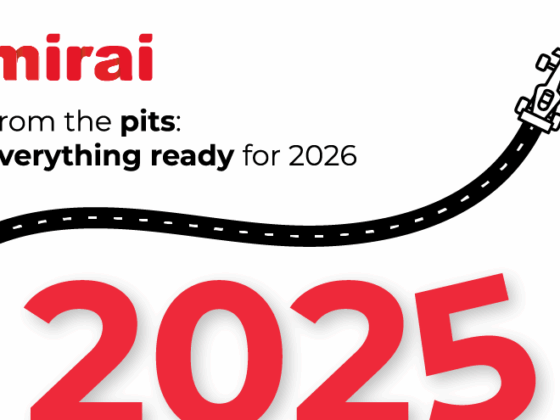
“Agentic AI” is currently used for LLMs autonomously performing tasks that previously required human intervention. I’m pretty sure that the language will change here – it feels like this is just “AI” in a sci-fact way and the adjective will probably be dropped.
I’ve been lucky to be involved in some large travel businesses early: Onefinestay in 2010, GetYourGuide in 2013, TravelPerk in 2016, Roadsurfer in 2020, Fora in 2021. These companies are doing billions of dollars in booking volume and are on track to surpass an aggregate of a billion dollars in revenue in 2024.
I’ve recently attended some travel industry events and what struck me is that the large incumbents in that space – Booking, Expedia, Trip.com – are theorized to just remain incumbents forever because an OTA is really a large marketplace with a ton of network effects. Selection, convenience, and price drive consumer conversion and a steady albeit pricey demand creates lock-in on the supplier side.
Booking and Expedia might be squeezed by Google’s universal search on one side and loyalty programs to encourage direct booking on the other (most notably Marriott’s Bonvoy push, but e.g. also the rapidly growing Wyndham program). But since they have supply locked in, I’d wager they are not too worried.
I think agentic AI changes that equation. My thesis is that we will see some “disintermediation of the disintermediators.”
Here’s why: as generative AI becomes more adept at using computers, making phone calls, and completing other complex interactions, it should start bypassing expensive inventory. Imagine a future where a highly sophisticated AI can scrape vertical search, query hotel databases, communicate directly with accommodations, and negotiate better rates — all without going through an OTA. The quasi-exclusive supply that has historically made these marketplaces indispensable may no longer be their edge.
And the consumer side may also change dramatically. Consider this scenario: instead of visiting Booking.com, you ask your personal travel advisor or their AI assistant to find the best boutique hotel in Rome for your dates. Your advisor, enabled by AI, scours the web for direct listings, emails smaller hotels, and makes calls if needed. What was once a necessity to ensure access to a wide range of options becomes optional, as AI handles the discovery and booking process independently. And what’s more: since your travel advisor goes directly to the hotel, they can get upgrades, perks, or discounts which are not publicly available on the OTAs.
I do believe this type of disintermediation is less likely in marketplaces where immediacy, a critical mass of supply, and local operations are necessary. Uber requires the rapid fulfillment of real-time demand — something that AI can’t easily do without tapping into a dense, active network of drivers and riders in specific geographies. The value of such platforms isn’t just aggregation but coordination and matching in a time-sensitive environment. But, of course, it’s the agentic AI that will be driving you.
The key distinction, then, is the type of service offered. Marketplaces like Booking.com or Airbnb, which have historically been more reliant on inventory aggregation and search convenience, could face challenges as AI can increasingly accomplish these tasks autonomously. But platforms for services requiring immediate, hyperlocal supply, may remain resilient, albeit offered by AI itself.
I see the broader trend here as the potential for generative AI to break down middlemen in industries where their core function is aggregation. The higher the value of the service, and the more tailored the interaction, the more likely AI will step in to disintermediate. But in industries where real-time execution, trust, and density of supply are critical, AI will enhance rather than replace intermediaries or potentially be the end supplier altogether.
So are we approaching the end of aggregation-as-value or merely seeing its transformation? What’s clear is that as always companies need to evolve their model, or they may find themselves on the wrong side of innovation for the first time in 25 years.






